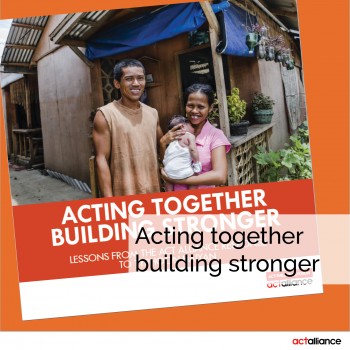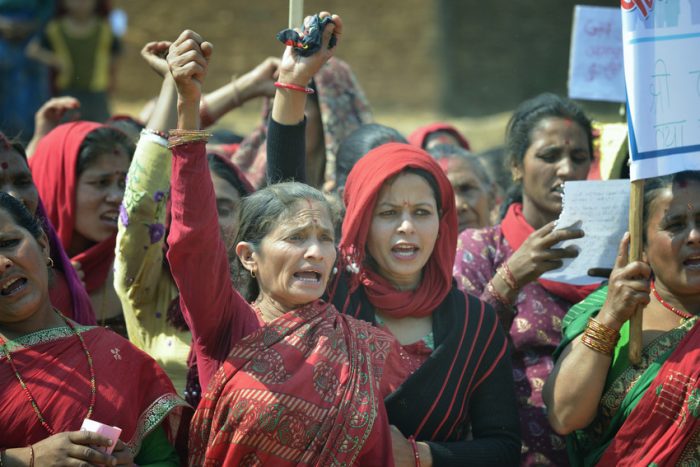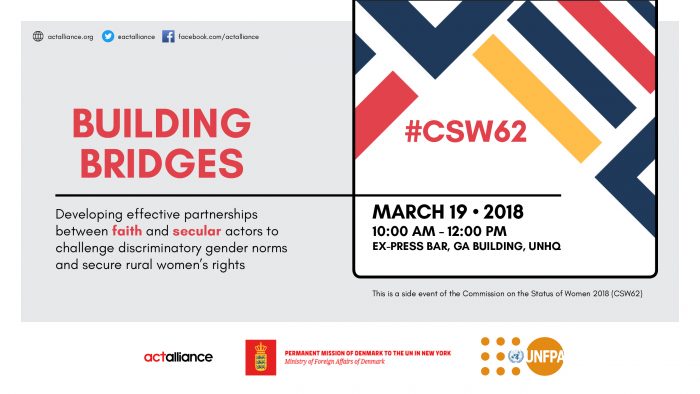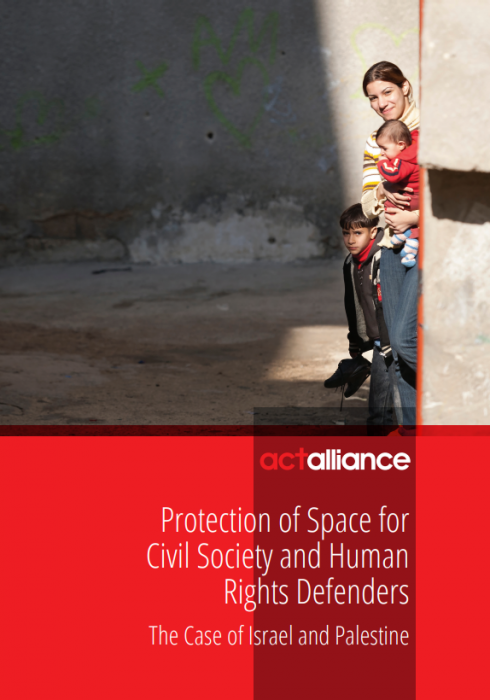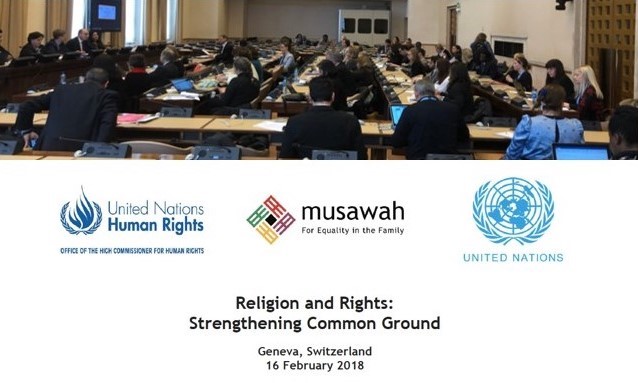
Related to building trust and ACT governance, including strategic collaboration as part of the wider ecumenical movement and learning with other forums
ACT South Sudan Forum (ASSF) is a shared platform comprising ACT voting members and Guests who are engaged with operations in the country. The Forum was established in January 2010 as part of Global ACT Alliance meant to effectively encourage members to work together to explore opportunities for collaboration in humanitarian, development and advocacy work.
Our forum is one of the biggest, vibrant, cohesive and dynamic forums in the East African region actively engaged in humanitarian response, development, advocacy, capacity development, ecumenical relations, partnership with national organizations, visibility and communication
Our forum is “ACT”, we believe in “Full Life and Dignity for All” and we serve through the three pillars- (Humanitarian, Development & Advocacy) to address systemic poverty, support survivors of disasters, wars and conflicts, train rural communities in sustainable agricultural techniques, helps people adapt to environmental sustainability, and influencing government and other key decision makers to safeguard citizens’ human rights.
Related to humanitarian, development and advocacy work of ACT Alliance
Objectives:
- Increase the effectiveness and impact on the three pillars of ACT Alliance work in the areas of humanitarian response, development and advocacy for individuals and communities, through improved coordination and collaboration of ACT members at all levels.
- Build trust through the establishment of a strong platform that encourages increased dialogue and collaboration among ACT members towards a common vision and through strengthening linkages with other established networks, including ecumenical partners.
- Enhance ACT Alliance recognition as a global faith-based actor within the country through promoting the value and visibility of humanitarian, development and advocacy work being undertaken by ACT Forum members.
Functions
- Humanitarian Response: Our ACT forum members do support communities and people affected by crisis in South Sudan through organized and coordinated joint ACT Appeals.
- Development: Our ACT forum members are engaged in joint contextual analysis and sharing programmatic priorities. The forum members collaboratively identify and implement joint development activities.
- Capacity Development: Our ACT forum members are constantly striving to develop the capacity of forum members through local initiatives and practices, shared learning and resources, and through working methods that enhance the full participation of our members, including fostering relations with ACT Regional Secretariat.
- Ecumenical Relations: Our ACT forum members are engaged with other members of the ecumenical family present (Caritas, South Sudan Council of Churches, Local Churches, Faith-Based Organizations) who are active in their area of operation, to initiate discussions and exchange knowledge and experience.
- Advocacy: Our ACT forum identifies advocacy priorities and opportunities and take part in supporting advocacy initiatives at national, sub-regional, regional and global levels, with ACT members as well as with other stakeholders. (e.g. the South Sudan Council of Churches-Action Plan for Peace Initiative)
More information HERE

